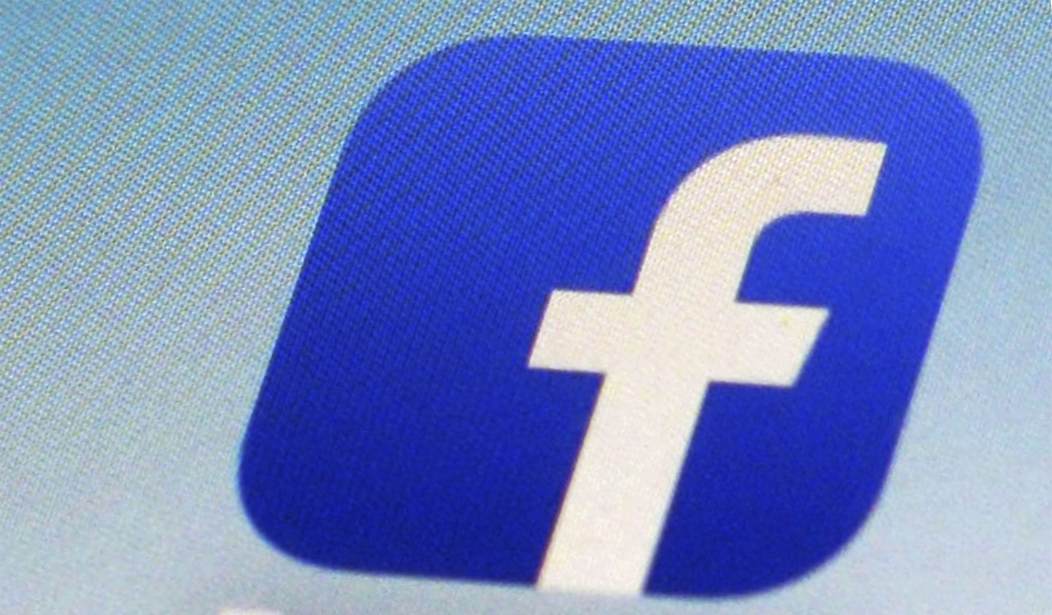Politics is more polarized than ever, but on the rarest of occasions, we can still set our differences aside and get things done in Washington.
That’s what happened last week. On Thursday, the Senate Judiciary Committee took a major step toward curbing the power of the Big Tech monopolies. By voting to advance the Journalism Competition and Preservation Act (JCPA), a bipartisan majority on the committee voted to allow small publishers an antitrust exemption to negotiate with Google and Facebook and force the tech platforms to compensate them for the valuable news content the publishers produce.
Now the JCPA awaits a vote in the Senate. It needs 60 votes – a filibuster-proof majority – to pass.
For years, Big Tech has appropriated content from small and local publishers, making a mint on the value of the content and sharing very little, if any at all, with those who produced it and own it. It hasn’t been without consequence. As a result, thousands of local newspapers have been put out of business, leaving an ever-increasing number of communities with no local news coverage whatsoever.
Senator Ted Cruz (R-Tx.) deserves credit for improving the bill by adding an amendment to further protect publishers from Big Tech – in this case on the subject of censorship and viewpoint discrimination. Cruz’s amendment passed with bipartisan support and because of it the platforms will not be allowed to use the negotiation process to influence, manipulate, or exclude content. Instead, they will only be allowed to negotiate on payments to publishers.
“I think this amendment protects against this antitrust liability being used as a shield for censorship,” Cruz stated during Thursday’s hearing. “Big Tech hates this bill. That to me is a strong positive for supporting it. Moreover, if this amendment is adopted, this will be the first meaningful consequence for and protection against censorship based on viewpoint and content in the big tech space. That's a big deal.”
Recommended
The amendment was adopted, and it is indeed a big deal.
We’ve been waiting for Congress to do something about the abuses of Big Tech for a long time. Google and Facebook have been living large, all at the expense of local publishers and conservative news outlets. But now the JCPA could rein in these tech behemoths and empower the little guy to finally fight back.
It should be noted that Big Tech pulled out all the stops to try to block the JCPA from passing out of committee. They mobilized their Big Tech-funded groups in Washington and spurred them into action.
Public Knowledge, a left-wing group funded by both Facebook and Google, spearheaded a letter urging Congress to oppose the JCPA. That letter was signed by multiple Big Tech-funded groups that have been actively lobbying against the bill, including the Center for Democracy & Technology, the R Street Institute, the Chamber for Progress, and TechDirt, a glorified blog that shills for Big Tech in the most embarrassing ways imaginable.
NetChoice, which pretends to be a right-leaning organization, also lobbied Senators on the committee to vote against the bill. But who does NetChoice represent? Facebook, Google, and CCP-owned TikTok.
Not exactly credible opposition. Perhaps that’s why they failed?
The JCPA isn’t going to completely rein in Big Tech on its own. There’s much more to do, including Section 230 reform to stop the censorship and antitrust reform to limit Big Tech’s concentrated power. But if we can pass the JCPA in a 50-50 Senate in a polarized political climate? That’s a major victory – and a significant defeat for the Big Tech monopolists.
Jon Schweppe is the policy director at American Principles Project. Follow him on Twitter @JonSchweppe.
























Join the conversation as a VIP Member